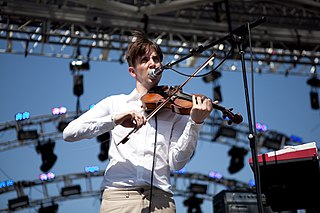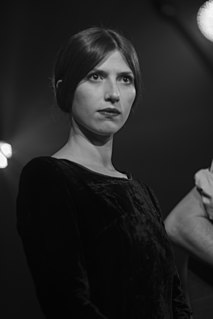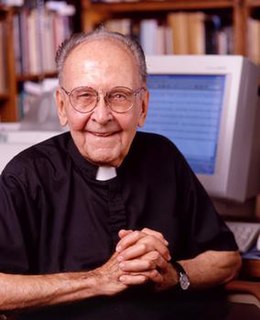A Quote by Robert Creeley
I don’t think any man writing can worry about what the act of writing costs him, even though at times he is very aware of it.
Related Quotes
I think all writing is about writing. All writing is a way of going out and exploring the world, of examining the way we live, and therefore any words you put down on the page about life will, at some level, also be words about words. It's still amazing, though, how many poems can be read as being analogous to the act of writing a poem. "Go to hell, go into detail, go for the throat" is certainly about writing, but it's also hopefully about a way of living.
We always worry that we are copying someone else, that we don't have our own style. Don't worry. Writing is a communal act. Contrary to popular belief, a writer is not Prometheus alone on a hill full of fire. We are very arrogant to think we alone have a totally original mind. We are carried on the backs of all the writers who came before us. We live in the present with all the history, ideas, and soda pop of this time. It all gets mixed up in our writing.
I was able to notice in a very early stage, there were discrepancies between the people who are writing the songs and discrepancies about the self that I was writing about. I was feeling that there were all these different people, both writing the record and having the record being written about them, even though ostensibly it was me sitting down and documenting a series of life experiences. Part of that, when I recognized this unconscious thing I was doing, was about these spaces, about these gaps.
Drawing is more fun to me than writing. I think it's interesting to talk to different cartoonists about how those activities work for them. I'm a very writerly cartoonist. I certainly spend more time on the writing than I do on the drawing, even though the drawing, of course, is very time-consuming.
I don't want to write poems that are just really clear about how I'm aware of all the traps involved in writing poetry; I don't want to write fiction that's about the irresponsibility of writing fiction and I've thrown out a lot of writing that I think was ultimately tainted by that kind of self-awareness.







































